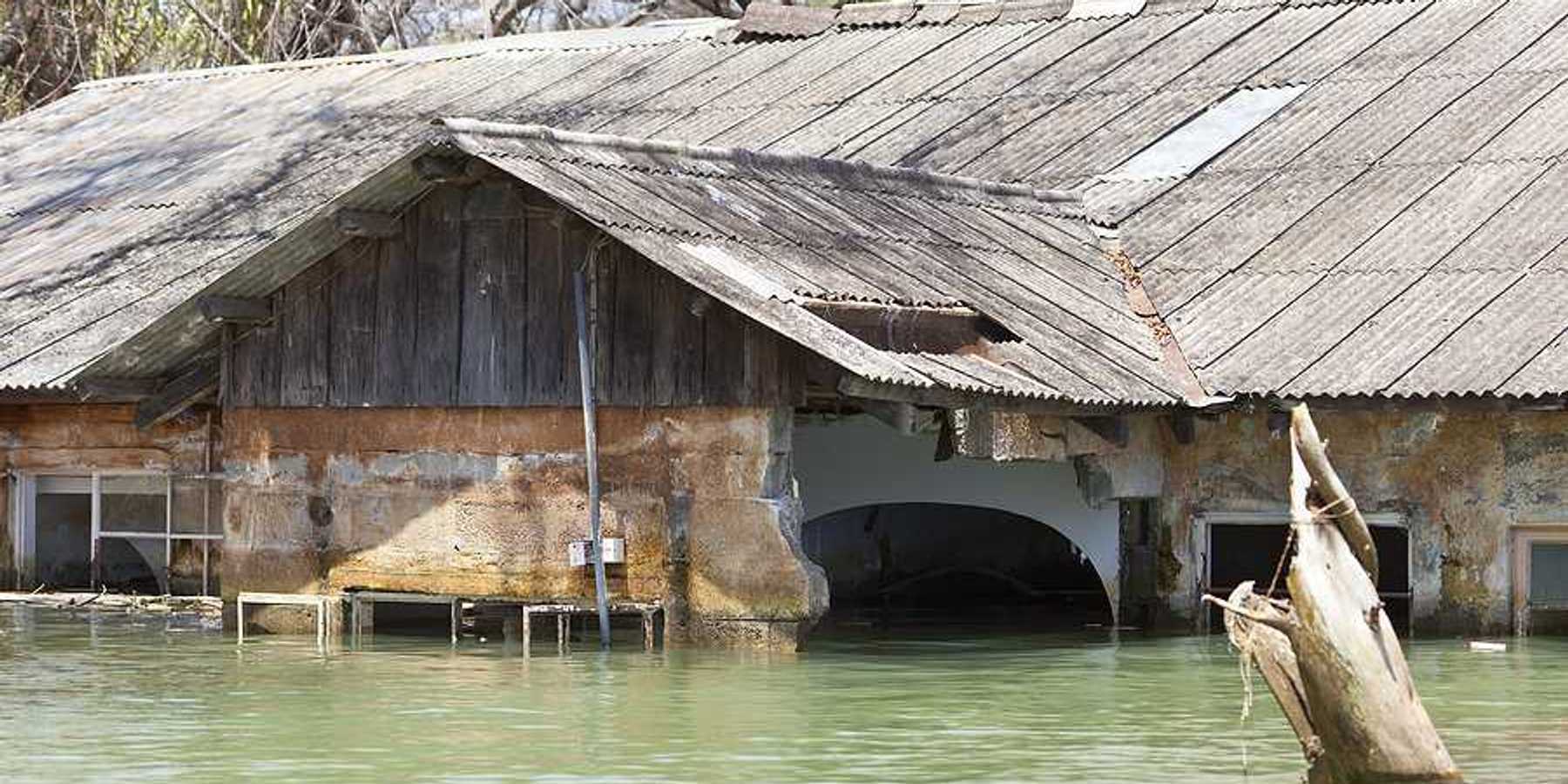Record ocean heat drives catastrophic coral bleaching across 84% of reefs worldwide
A global coral bleaching event has now affected over four-fifths of the planet’s reefs, the most extensive damage ever recorded, as ocean temperatures remain historically high.
Isabella O’Malley reports for The Associated Press.
In short:
- The International Coral Reef Initiative says 84% of coral reefs have experienced bleaching in a crisis that began in 2023, surpassing the previous record from 2014–17.
- Coral bleaching occurs when heat-stressed corals eject the algae they rely on for food and color, leaving them pale and vulnerable to death.
- The U.S. Coral Reef Watch program had to expand its alert system as sea surface temperatures averaged a record 20.87°C in 2023, pushing many reefs past survival thresholds.
Key quote:
“We may never see the heat stress that causes bleaching dropping below the threshold that triggers a global event.”
— Mark Eakin, corresponding secretary, International Coral Reef Society and retired chief of the Coral Reef Watch program of the U.S. National Oceanic and Atmospheric Administration
Why this matters:
Coral reefs are vital to life in the sea and protection on land. These marine structures support roughly a quarter of all ocean species, feeding millions of people and fueling industries from fishing to tourism. Once bleached, reefs don’t always recover. They can die, break apart, and vanish. This removes critical habitat for marine life and leaves coastlines more exposed to erosion and storm damage. Coral reefs also play a role in carbon and nitrogen cycling and help filter water. Their disappearance isn’t just an environmental concern; it’s a socioeconomic crisis in waiting for coastal communities around the globe.
Related: Past decade sets new record for global temperatures













